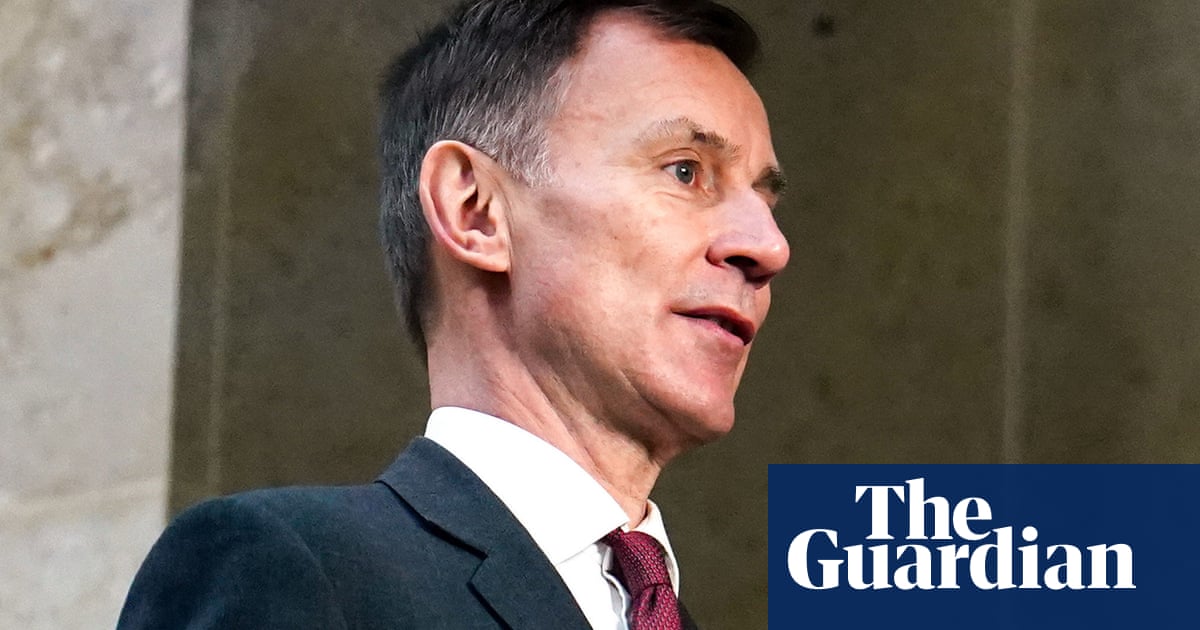
Energy bills in Great Britain are expected to fall by 7% this summer – the equivalent of more than £100 a year – after a drop in wholesale gas prices, but will remain hundreds of pounds higher than pre-crisis levels.
Analysts at Cornwall Insight, a well-respected energy consultancy, have forecast that the government’s energy price cap will fall to £1,574 a year for the average dual-fuel energy bill from July from its current level of £1,690.
If the predictions are correct, this would represent a 25% drop from last summer when the cap was set at more than £2,000 a year for gas and electricity after a rise in global energy prices because of Russia’s war in Ukraine.
However, July’s figure would still be about £400 a year higher than its pre-crisis level of £1,154 in the summer of 2021, meaning millions of households are expected to remain in fuel poverty.
“The very fact we are still seeing bill levels which are hundreds of pounds above pre-crisis levels underscores the ongoing challenges faced by households,” said Craig Lowrey, a principal consultant at Cornwall Insight.
There are no signs that energy bills are due to fall back to pre-crisis levels in the future. The price cap is expected to rise slightly in October before falling again in January 2025, according to Cornwall’s analysis.
The energy regulator, Ofgem, is undertaking a review of the energy price cap that covers 29 million households in England, Wales and Scotland, after its chief executive, Jonathan Brearley, admitted that in its current form it was a “very broad and crude” price control.
Currently the cap sets a limit on what suppliers can charge for each unit of gas and electricity, so bills can still vary from the average price depending on how much energy a household uses.
Cornwall has predicted that from July until September the cap will hold electricity prices at 22.68p a kilowatt hour and gas will be capped at 5.45p a KWh. The standing charges for electricity and gas will be 60p and 32p a day, the consultancy said.
Ofgem is considering a cap that is specially targeted to vulnerable households, as well as a “dynamic” price cap based on the time of day British households use their energy. Ofgem will also consider changes to standing charges.
“The path forward for energy pricing remains uncertain, and with stakeholders advocating for reforms – coupled with a general election on the horizon – energy bills are likely to be an area of continued debate and transformation in the months ahead,” Lowrey added.












